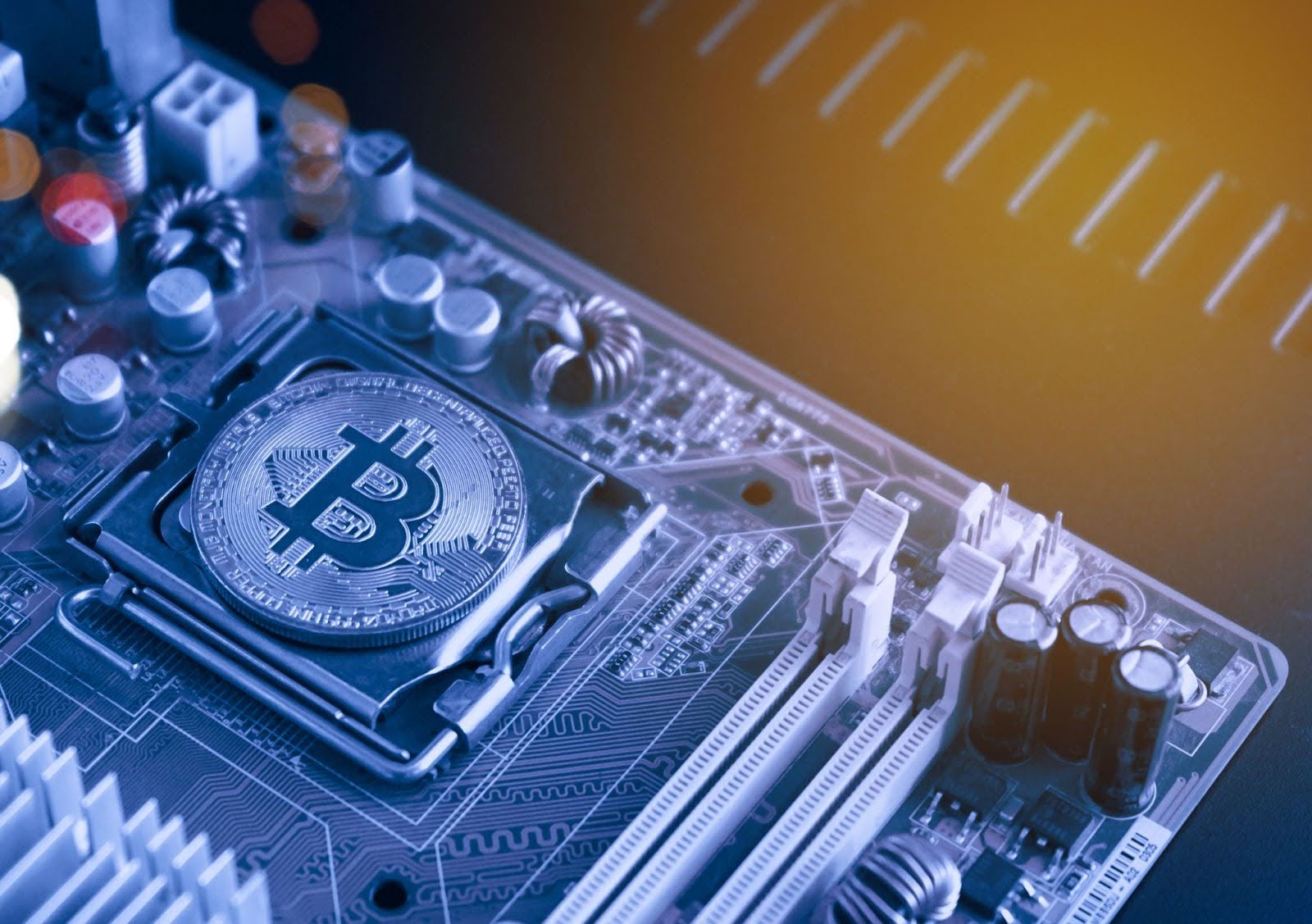Coindoo
2d
278

Image Credit: Coindoo
Decentralization: The Key To Democratizing AI And DeFi To Benefit Us All
- Decentralized AI models are gaining interest due to their transparency, democratization of control, and inclusivity, offering advantages over centralized AI models like ChatGPT and Google's LLMs.
- Projects like SingularityNET and Fetch.ai are leading the charge in decentralized AI, creating open-source AI networks and decentralized marketplaces for autonomous AI agents.
- Platforms such as Giza Protocol enable the creation of AI agents like ARMA, which helps investors navigate the complexities of DeFi with real-time analysis and adaptive strategies.
- Decentralized AI bridges the gap between those with access to powerful AI capabilities and those without, providing a solution to copyright concerns and making AI more widely accessible.
- Challenges for decentralized AI include regulatory uncertainties, lack of clear governance structures, and technical scalability issues on blockchain networks.
- The future of decentralized AI holds potential benefits in democratizing technology access, addressing privacy and security concerns, and maximizing profits in DeFi through advanced AI models like ARMA.
- While centralized AI currently leads the industry, resolving regulatory and performance challenges could shift the balance of power towards decentralized AI in the future.
- The convergence of blockchain and AI offers hope for the future of decentralized AI, but its ability to catch up with centralized AI capabilities remains to be seen.
- It is essential for stakeholders to conduct their research and stay informed about cryptocurrency-related developments, as highlighted in this sponsored publication by Coindoo.
Read Full Article
16 Likes
For uninterrupted reading, download the app